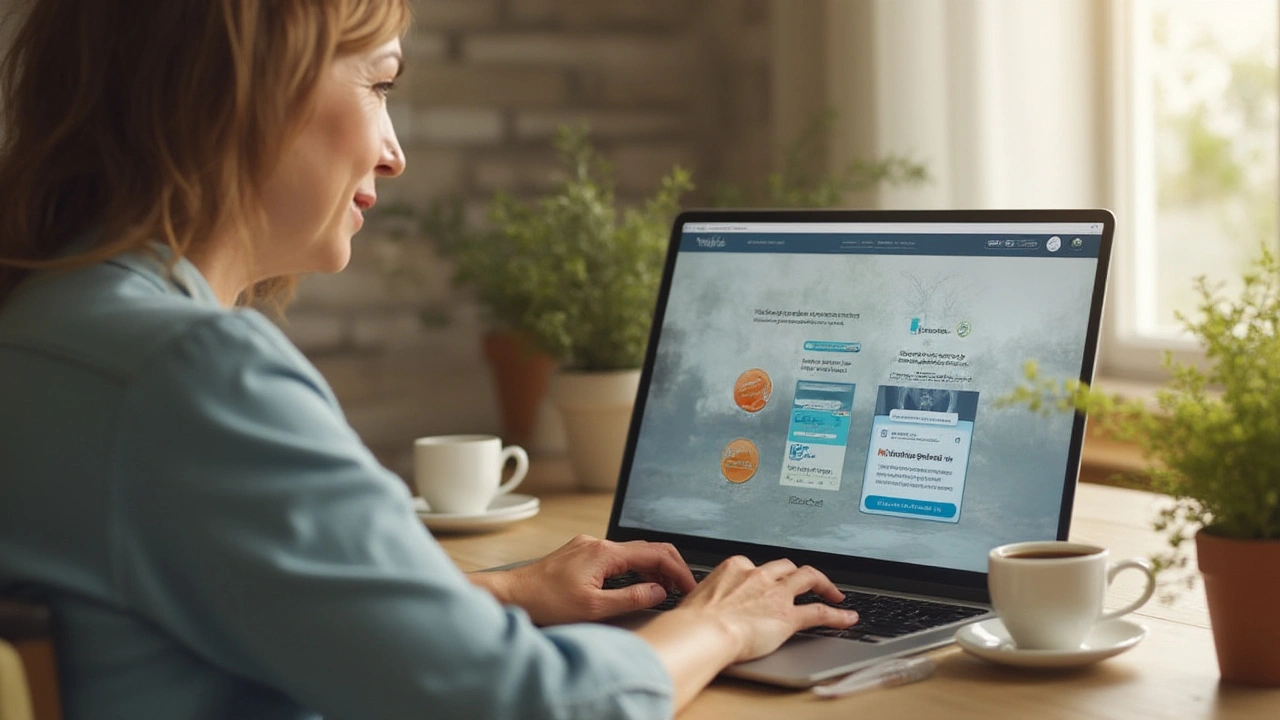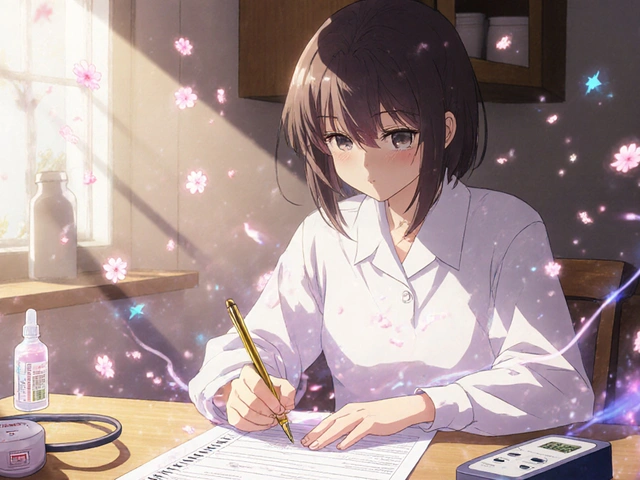Hypertension Medication: What Works, What to Watch For, and How to Use It Right
High blood pressure can feel like an invisible threat, but the right meds make a huge difference. Whether your doctor prescribed an ACE inhibitor, a beta blocker, or a diuretic, knowing the basics helps you stick to the plan and avoid surprises.
Common Types of Blood Pressure Pills
Most prescriptions fall into a few families:
- ACE inhibitors (e.g., lisinopril) relax blood vessels and are often first‑line for many patients.
- ARBs (like losartan) work similarly but may cause fewer cough side effects.
- Beta blockers (such as metoprolol) slow the heart rate, which can help if you have a fast pulse or a history of heart disease.
- Calcium channel blockers (amlodipine) widen arteries and are good for people of African descent or those with certain kidney issues.
- Diuretics (hydrochlorothiazide) let your kidneys dump excess salt and water, lowering pressure from the inside.
Your doctor picks the class based on age, other health problems, and how your blood pressure reads.
How to Take Your Medication Safely
Stick to the same time each day – morning or night – so your body gets used to the rhythm. If you miss a dose, take it as soon as you remember unless it’s almost time for the next one; then just skip the missed pill.
Watch for common side effects: a dry cough with ACE inhibitors, swollen ankles with calcium blockers, or a light‑headed feeling when you first start a diuretic. Most issues fade after a week or two, but call your doctor if they linger or get worse.
Alcohol can boost the blood‑pressure‑lowering effect of some meds, especially beta blockers, so keep drinking moderate. Also, certain over‑the‑counter pain relievers (NSAIDs like ibuprofen) can counteract your meds, so ask your pharmacist for safer alternatives.
Regular check‑ups are key. Your doctor will likely want a follow‑up blood‑pressure reading after a month, then every three to six months. If numbers stay high, they might tweak the dose or add another drug.
Don’t forget lifestyle tweaks. Cutting back on salty foods, staying active, and managing stress can boost any pill’s impact. Even a short walk after dinner can shave a few points off your reading.
When it comes to refills, set a reminder a few days before you run out. Most pharmacies offer automatic refills, which can prevent missed doses and keep your heart safe.
Finally, keep a simple list of all your medicines, including supplements. Some herbs, like St. John’s Wort, can interfere with blood‑pressure drugs, so share the list with every health‑care provider you see.
Understanding how hypertension medication works and what to expect makes it easier to stay on track. With the right pill, the right routine, and a few healthy habits, you’ll keep your pressure where it belongs – under control.
6 July 2025
Tessa Marley
Wondering how to buy Nifedipine online, especially from Canada? Get safe, step-by-step info on ordering this heart health med and tips to spot trustworthy pharmacies.
Continue Reading...






